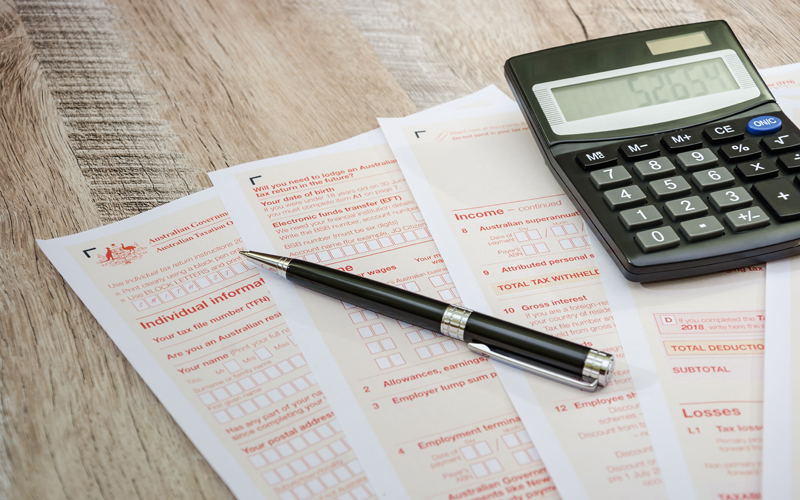During COVID, all levels of Government provided economic stimulus payments to business and individuals. Many have to be included as income in your tax return and it can be confusing to know which ones apply. Here’s a quick summary of how each kind of payment should be treated in your tax return. If you’re unsure what applies to your circumstances, be sure to consult a tax accountant.
Read this too: Kochie’s 10 commandments of tax
JobKeeper
JobKeeper payments received as an employee will be included in your income statement as either salary and wages or as an allowance. If you’ve received JobKeeper payments from your employer, you don’t need to do anything different. The Tax Office will automatically include this information from your income statement in your online tax return for you.
Sole traders who have received JobKeeper payment on behalf of their business will need to include the payment as assessable income for the business. JobSeeker payments will also be included in your tax return at the Government Payments and Allowances question once it’s ready. If you’re lodging before this information is there, you’ll need to add it yourself. Remember, leaving out income will slow your return.
Stand down payments
If you received a one-off or regular payment from your employer after being temporarily stood down due to COVID-19, these payments are taxable. They should appear in your income statement and will be automatically included in your return.
These payments will most likely appear under a name like ‘stand-down payment’, ‘COVID-19 payment’ or even ‘pandemic allowance’. If you aren’t sure whether these amounts have been included in your income statement, check with your employer.
Helpful info: Tips and tricks to maximise your tax return
COVID-19 disaster payments
COVID-19 disaster payments were given as a one-off lump sum payment through Services Australia for Victorian workers affected by restrictions. These payments are taxable and need to be included as income.
Early access to superannuation
Funds released early from your super under the special arrangements due to COVID-19 are tax free. You don’t need to declare this in your tax return.
Note that the COVID-19 arrangements are a special case. If you had amounts released from your super under other compassionate grounds, the super you withdraw is paid and taxed as a normal super lump sum.
This article contains general information only. It should not be relied on as finance or tax advice. You should obtain specific, independent professional advice from a registered tax agent or financial adviser in relation to your particular circumstances and issues.




























Trending
Sorry. No data so far.